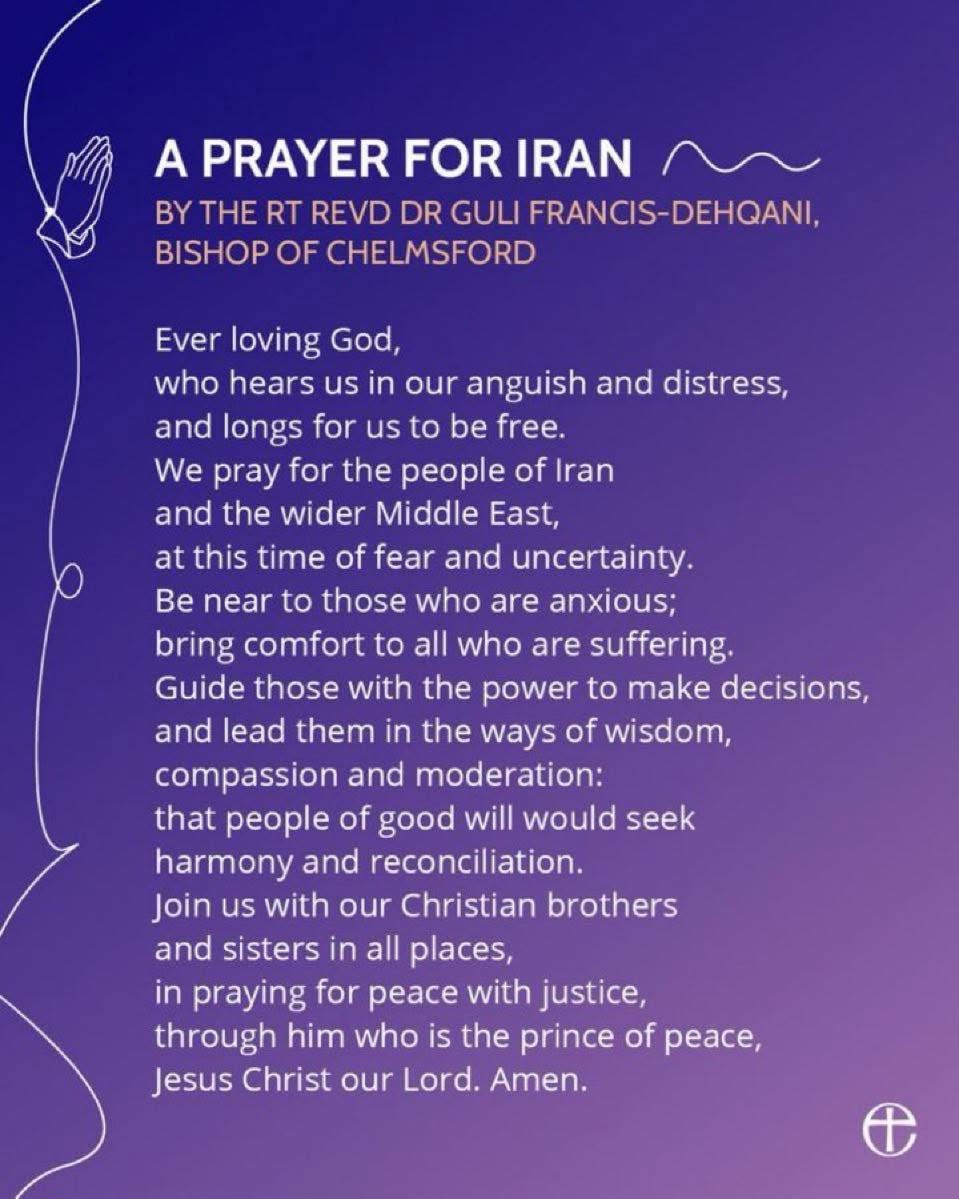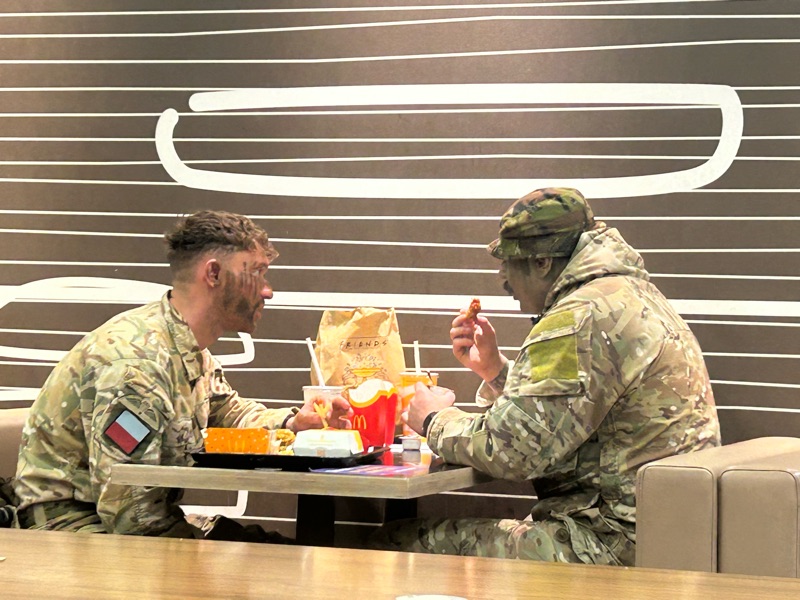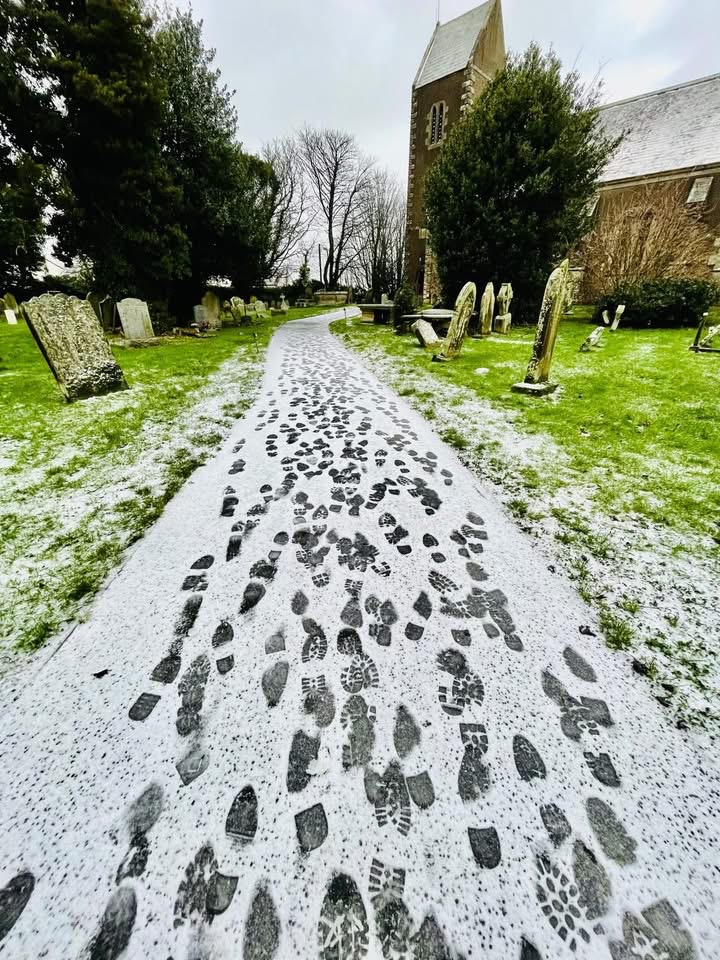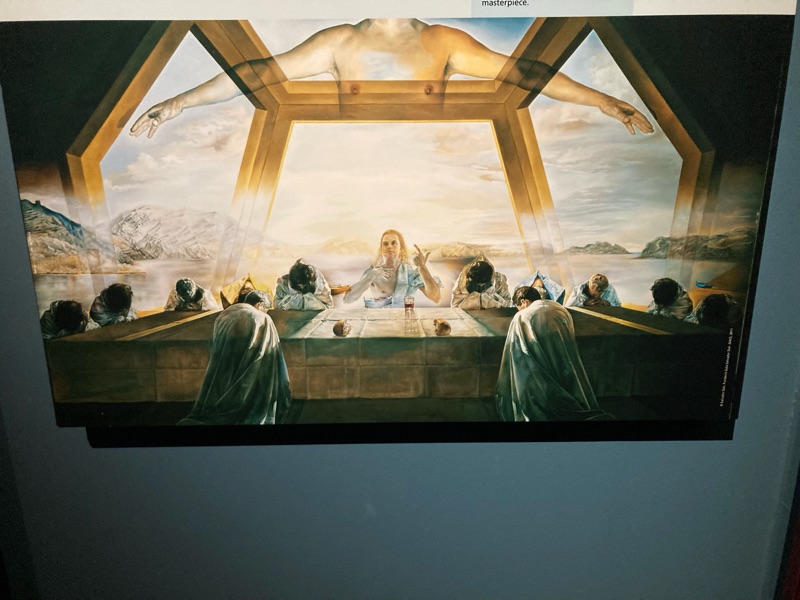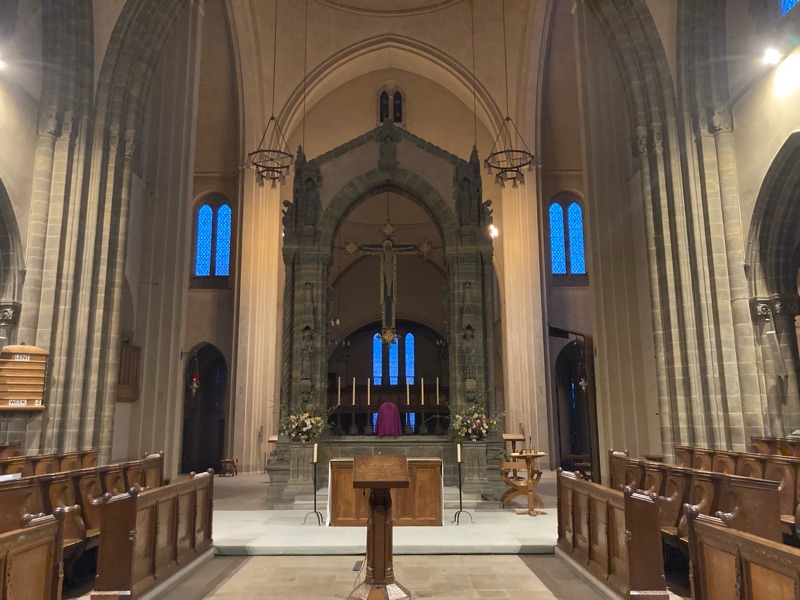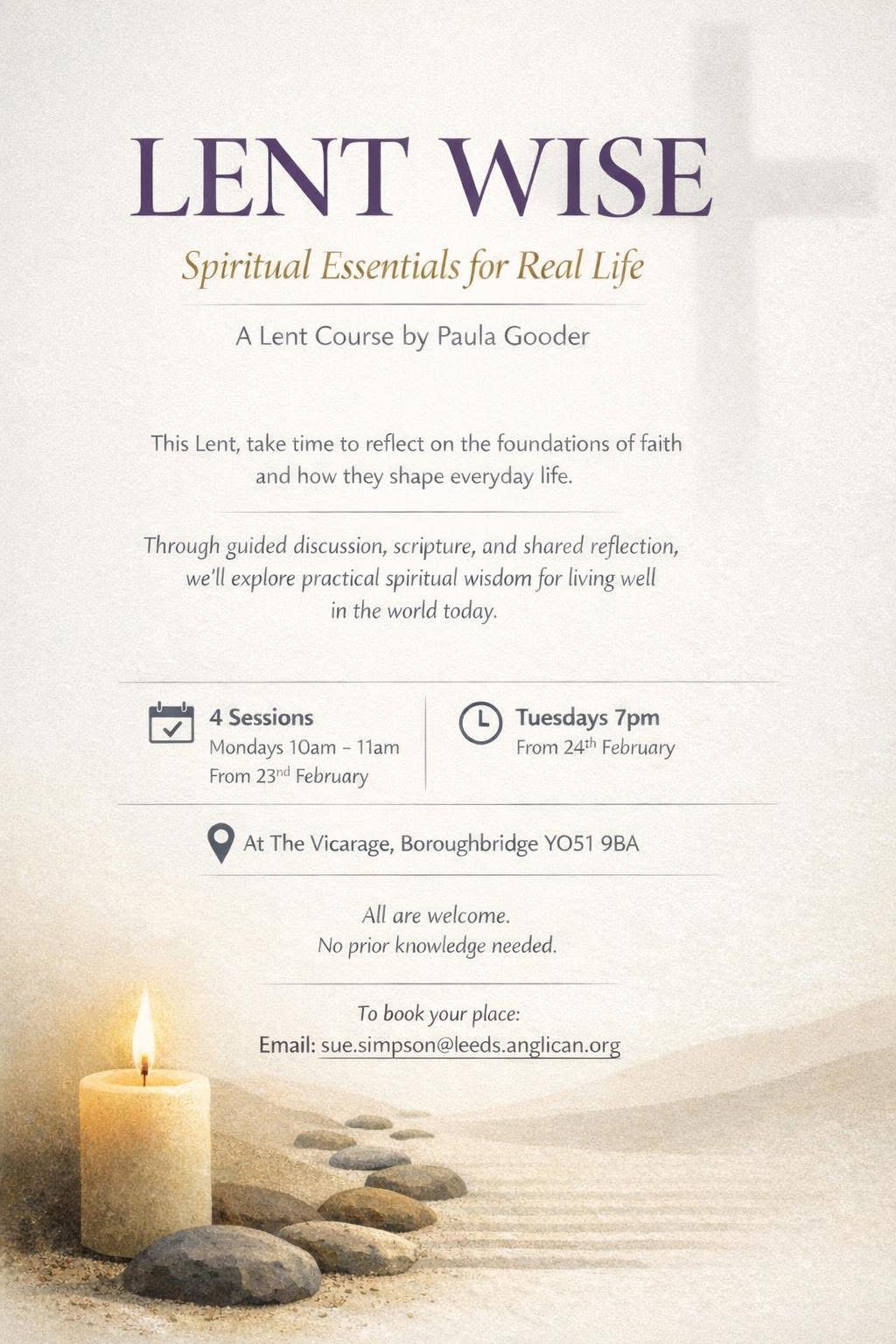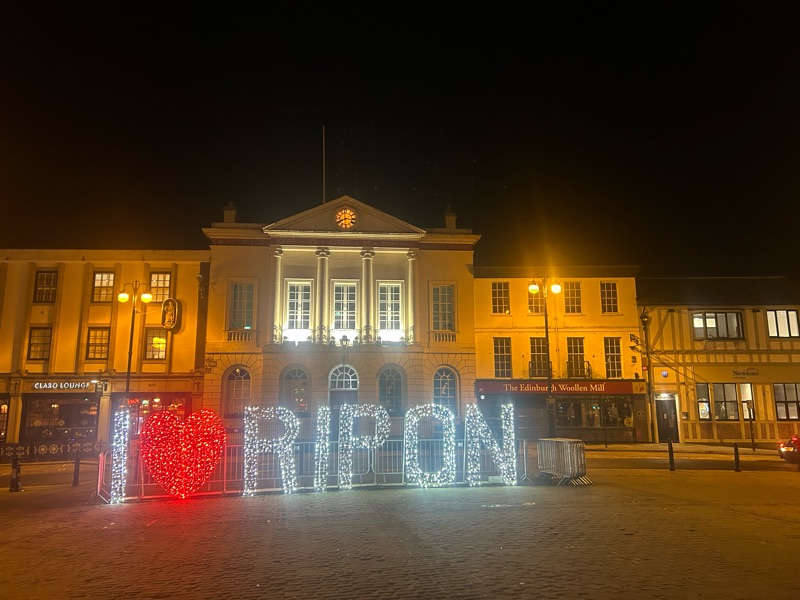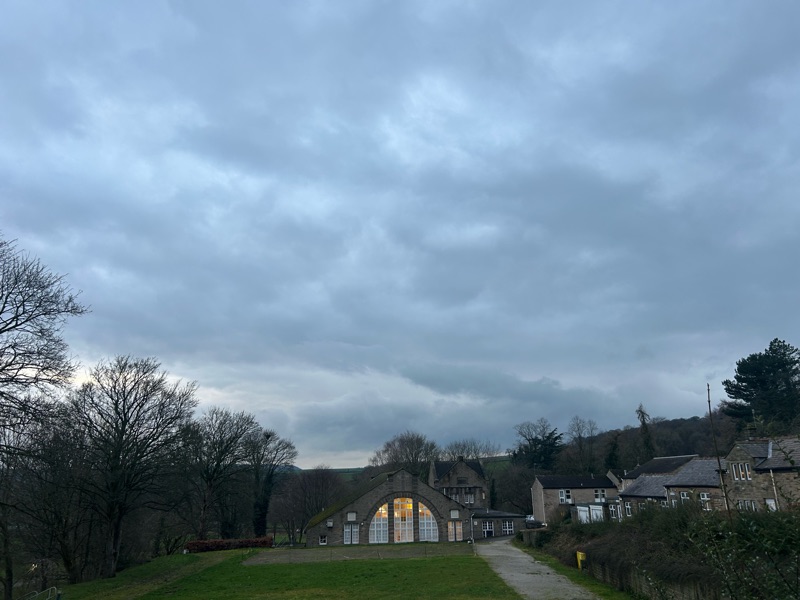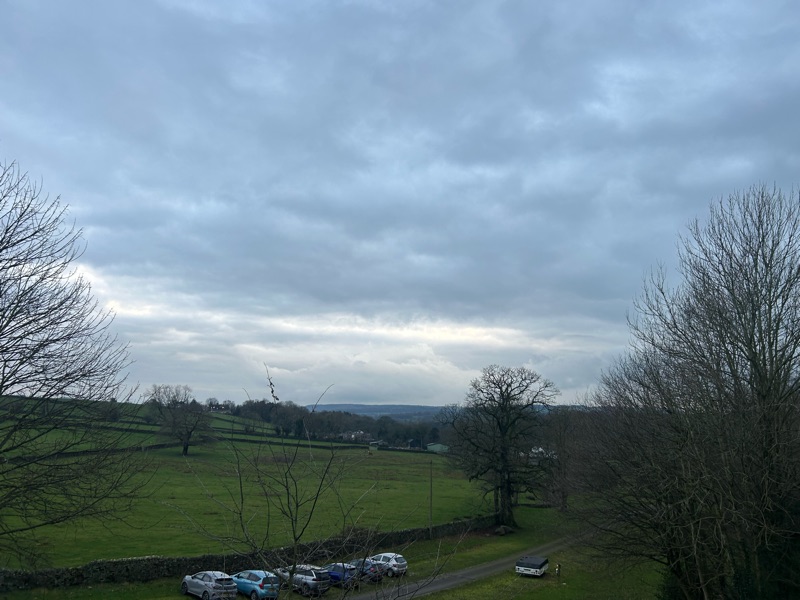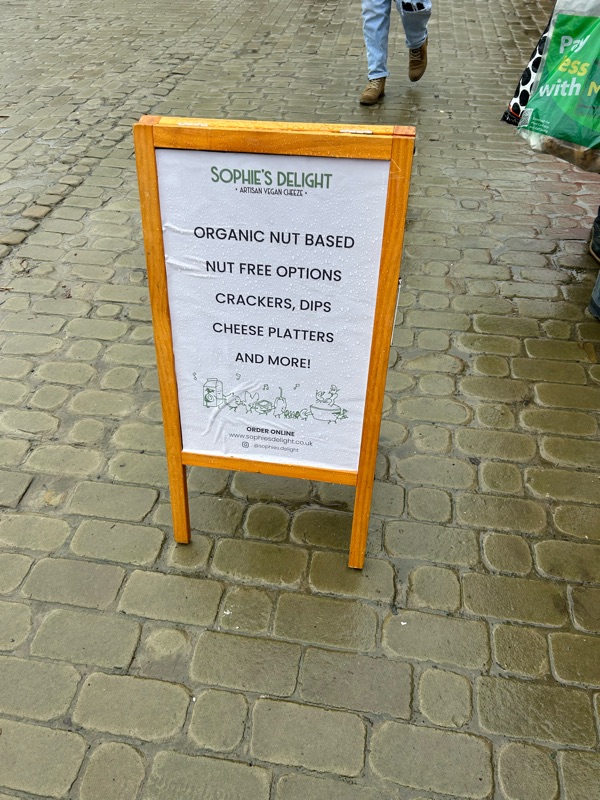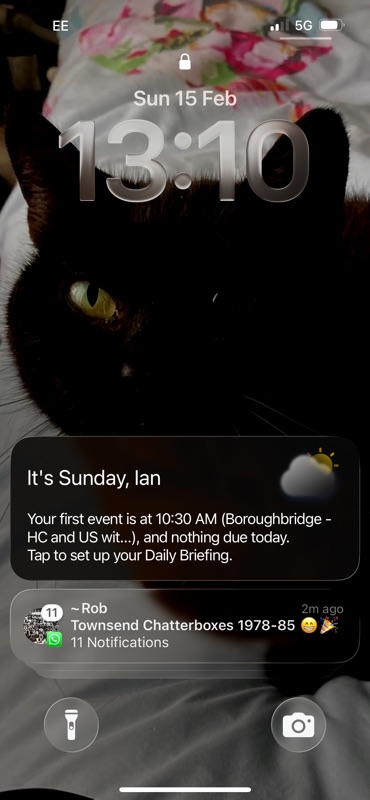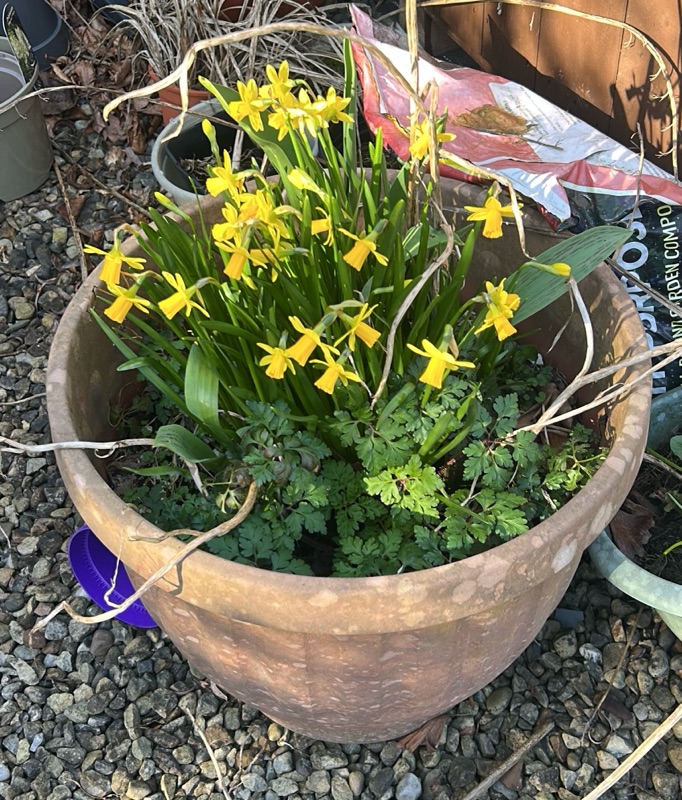
I share tonight this wisdom from the writer Benjamin Creamer: American troops are being told that war with Iran is part of a biblical prophecy for Armageddon that President Trump was anointed by God to carry out.
Creamer writes:
This is what happens when Christian Nationalism infiltrates the government. And people are dying because of it.
There is no “battle of Armageddon” in the book of Revelation.
Given the recent news about more than a hundred service members filing complaints that a commander told them that war with Iran is part of “God’s divine plan,” that a sitting president is “anointed by Jesus” to ignite Armageddon, it is important to make it clear how unbiblical this claim is.
The Book of Revelation was composed in the late first century, most likely during the reign of Domitian, when the Roman Empire demanded not only political loyalty but religious reverence. Rome ruled through claiming divine sanction. Emperors were hailed as “Lord” and “Saviour” and participation in imperial cults was a sign of allegiance. Refusal could mean marginalization, economic exclusion, or worse.
It is that context where John of Patmos writes his vision.
Revelation is not a coded forecast of 21st-century geopolitics. As John writes in verse one, the entire letter is the revelation of Jesus Christ. It is the way of God through Jesus Christ being revealed in the world. It is written in the prophetic genre of apocalyptic resistance literature. It pulls back the curtain on earthly empires and names them for what they are: beastly.
Rome is depicted as the first Beast, seven heads representing the seven hills of Rome. The second beast is the propaganda machine for the first beast, looking like a lamb but speaking for the dragon. Then the mark of loyalty to the beast is a number (666 or 616 in some manuscripts), and when using gematria, the number is transliterated into Hebrew (nrwn qsr) it points to Emporor Nero, one of the worst persecutors of the early church (Rev. 13).
John also describes Rome’s economic system becomes “Babylon,” drunk on luxury and the blood of the saints. (Rev. 17 & 18).
John is offering a theological critique of imperialism in contrast to the way of the crucified Lamb (Jesus Christ). He is telling persecuted Christians that while the empire looks invincible is not ultimate. Its violence is not divine. Its claims to eternal rule are a parody. They will not have the last word.
This is the contrast to keep in mind when we consider the famous “battle of Armageddon,” which appears in Revelation 16:16. The kings of the earth gather at a place called Armageddon, from “Har-Megiddo,” Mount Megiddo, which is a symbolic site associated with decisive Old Testament conflicts.
But here’s the striking detail many miss: no battle is actually described.
The nations gather. The stage is set. But when we reach Revelation 19, where we expect a final and epic clash of armies, something else astonishing happens.
Christ appears as a rider on a white horse. His robe is dripping with his own blood, not his enemies. Legions of angel armies are flanked behind him, armed to the teeth. Then they just stand there. The word comes out of his mouth, which is described as sharper than any double edged sword (the advanced weapon of the time). And the Beast and the kings of the earth are defeated, not through violent warfare, not, but by the word that proceeds from him, but the word that is revealed through him, buy the Word that is him (John 1).
There is no prolonged fight. No exchange of blows. No suspenseful military drama. No Christian foot soldiers taking up arms against hostile evil forces as the “Left Behind” series would have us believe. The “battle” is over before it begins. We are then given a casualty report of the enemy’s of God in Rev 19:20-21.
It is a powerful depiction of how Jesus has defeated sin and death through his self giving love on the cross.
Even earlier, in Revelation 5, John hears of the Lion of Judah. But when he turns, he sees a Lamb, standing as though slain.
This is the entire theological centre of the book!
Victory in Revelation does not come through superior violence. It comes through faithful witness, sacrificial love, and divine judgment enacted by truth itself. The conquering Messiah conquers as the slain Lamb, not as a beast.
It is a fragile, insecure God that needs weapons and armies to achieve victory. It is an all powerful God that creates and dismantles simply by speaking a word. The Word.
Empire thrives on spectacle, like parades, armies, intimidation, and crucifixions lining the roads. Revelation subverts that spectacle. It stages what looks like the ultimate imperial showdown and then refuses to narrate it as a conventional war.
Why? Because the point is not that God wins by out killing Rome. The point is that Rome’s power is the hollow and endless cycle of violence. God’s power is the redeeming, nonviolent power of self sacrificial love (the cross).
In the ancient world, empires justified war as divinely sanctioned. Rome claimed Pax Romana, which means the “peace of Rome,” and it was secured by conquest. Peace through domination.
Revelation exposes that as counterfeit peace. “Babylon” falls not because Christians take up arms, but because her violence results in a self inflicted wound as all empires inevitably do, leading to her collapses under divine judgment. The merchants weep when she falls, not because of lost lives, but because of lost profits. It is a piercing indictment of economic exploitation fused with military power. Same story repeats throughout history and today.
The so-called final battle reveals that God does not need legions to defeat tyranny. Empire gathers for war. God simply speaks.
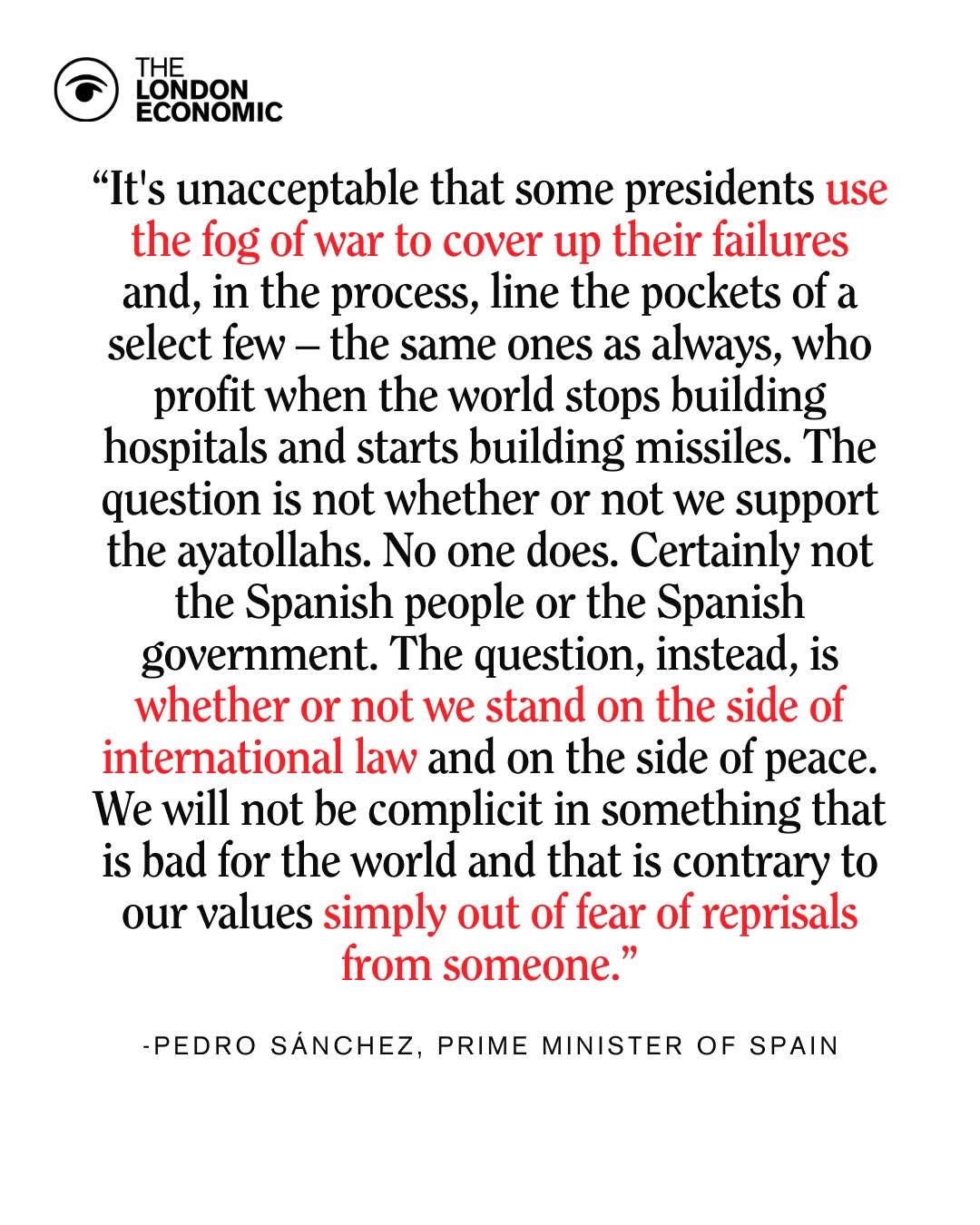
So this is the crucial theological meaning of the book of Revelation:
God’s victory is not symmetrical with empire’s violence. God does not mirror the beast to defeat the beast.
Faithful witness, not armed revolt, is the church’s calling. The saints “conquer” by the blood of the Lamb and the word of their testimony (Rev. 12:11), not by seizing power.
Imperial claims are temporary. What looks absolute is already judged in heaven’s perspective.
Evil always self-destructs when confronted by truth. The absence of a literal battle underscores that evil has no ultimate substance before God’s reign.
All this to say, when Revelation is read as a blueprint for inevitable global warfare, it can be co-opted to sanctify violence as we are seeing again today. But in its original context, it functioned as a pastoral encouragement to marginalized believers: Do not fear the empire. Do not worship it. Do not become like it.
Armageddon is not a call to arms. It is a dramatic unveiling of the futility of arms before God.
The final word of Revelation is not war but renewal. It is a new heaven, a new earth, and a city where the nations bring their glory, not their weapons, into the light of God.
The empire gathers for battle.
The Lamb reigns without fighting.
The battle was already won on the cross.
That contrast is the critique.
We want the warhorse.
Jesus rides a donkey.
We want the eagle.
The Holy Spirit descends as a dove.
We want to take up swords.
Jesus takes up a cross.
We want the roaring lion.
God comes as a slaughtered lamb.
We keep trying to arm God.
God keeps trying to disarm us.
And here’s more sense from Paul White…
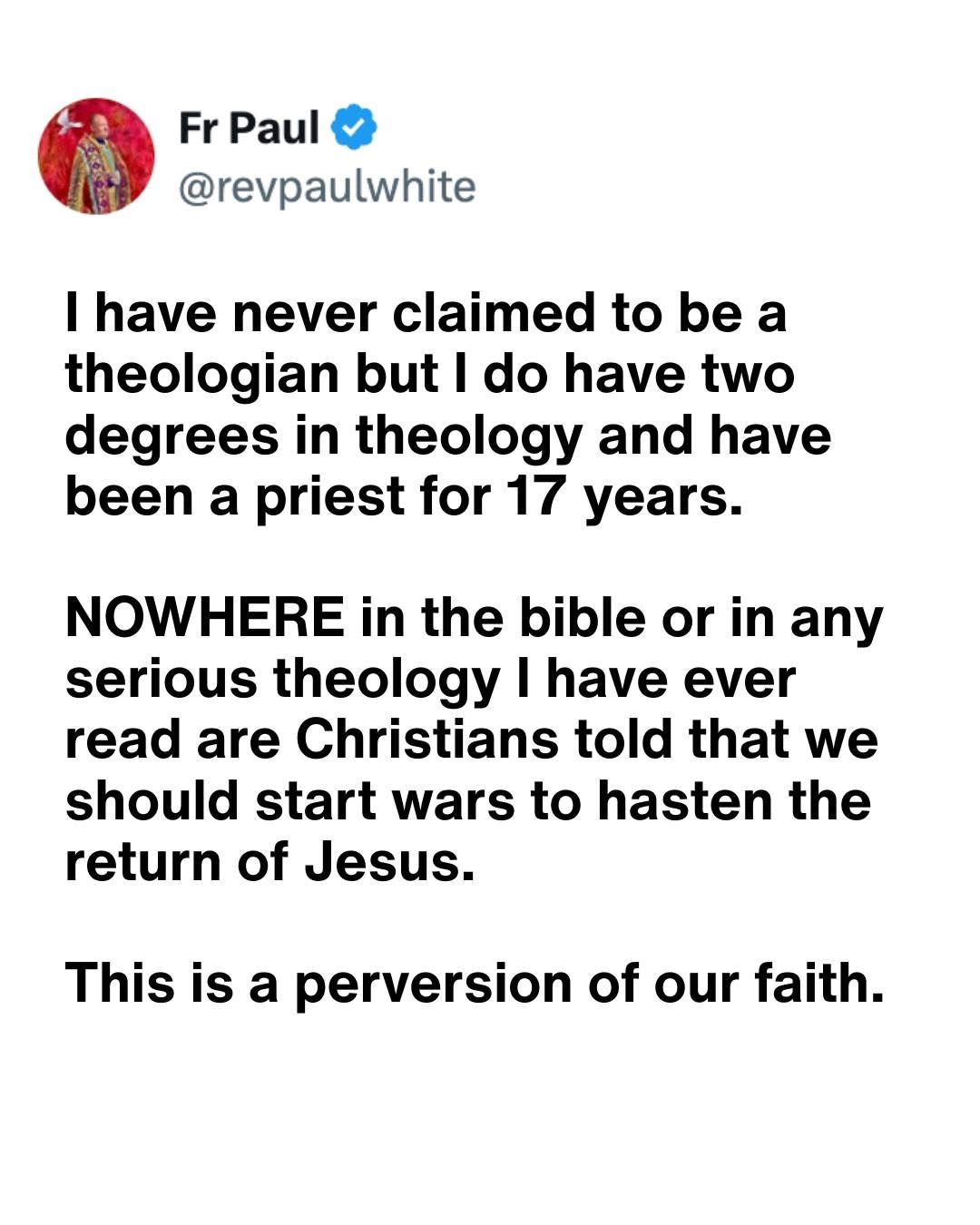
And here’s a useful prayer from an Anglican Bishop who is Iranian: I used to share ecumenical ministry in Oakham with her husband.
